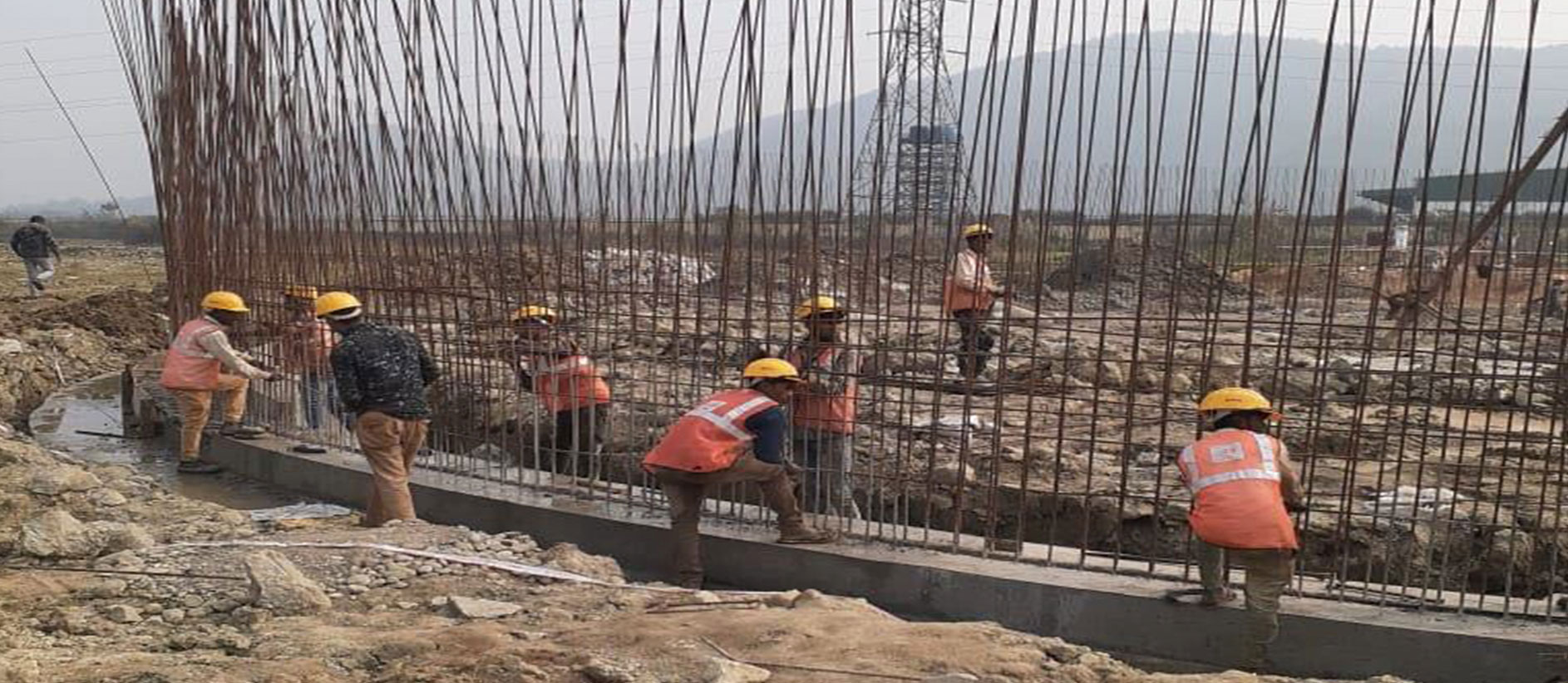In India, some estimates suggest that around 40 per cent of the country’s grain production is lost every year. The grain is often stored at open-air sites, leaving it unprotected against the weather and animals. The lack of quality storage facilities is a key contributing factor to what some have coined India’s ‘paradox of plenty’ – insufficient availability of food grain despite sufficient annual production in the country, which is home to over 190 million undernourished people.
Tenders for 200 new storage facilities
The huge food loss also impacts the government-initiated food programme, which is buying one third of all grain produced in India and distributing it to low income families at subsidised prices.
To address this challenge, the Indian government has initiated a programme that invites private companies to finance, build and operate new storage facilities across the country. The government-owned Food Corporation of India (FCI) is tendering the construction of over 200 modern storage sites with a capacity of 10 million metric tonnes. The total expected investment is around USD 1.5 billion.
Investing DKK 95 million
Through the Danish SDG Investment Fund, IFU is investing DKK 95m in Leap India Food & Logistics, a market leader, which has already won seven concessions from FCI totalling 350,000 tons capacity. The overall target is 700,000 tons.
– By investing in Leap, we are addressing one of India’s most pressing challenges, namely helping to improve food storage efficiency and reduce undernourishment, said Deepa Hingorani, VP South Asia at IFU, and continues:
– We are partnering with a strong local team with a proven track record and a like-minded investor and have secured an attractive risk vs. return profile in the deal. The developmental impact and the strategic fit of this investment are evident for us.
The investment is made in cooperation with the Neev Fund, a partnership between the State Bank of India and the UK Government’s Department for International Development (DFID) functioning as an infrastructure private equity fund focused on sustainable development.
– We welcome IFU as a partner and co-investor in Leap India. This fructifies our fidelity to the Sustainable Development Goals of poverty alleviation by doubling farmer income through food security in India. The investment positions Leap India as a trailblazer in defining the food infrastructure industry, which is the next sunrise industry of Asia.
Manav Bansal, CIO of Neev Fund.
Building steel silos and infrastructure
Leap India’s first facility will become operational later this year. IFU’s investment will support Leap in winning further tenders and building additional storage sites.
The individual storage sites will consist of modern steel silos and adjacent infrastructure, such as road and rail. Each silo will have a sophisticated monitoring system installed allowing close quality control of the stored grain. Each site will have a capacity of 50,000 tons and will be operated on a 30-year take-or-pay contract with the FCI.
– At Leap, our aim is to build a large platform of grain storage sites, which can help FCI and the private sector make grain storage more efficient. The new investments from IFU and the Neev Fund will allow us to expand and reach a critical size, while we at the same time team up with strong foreign institutional investors, said the founders of Leap in a joint statement.
Supporting the Global Goals
The investments support the UN Sustainable Development Goal 12.3 setting the target to halve per capita global food waste at the retail and consumer levels and reduce food loss along production and supply chains, including post-harvest losses, by 2030.
– This investment is in line with our business model, where we target projects that have a high impact, support the UN Sustainable Development Goals and can provide a return for the investors, said Deepa Hingorani.

